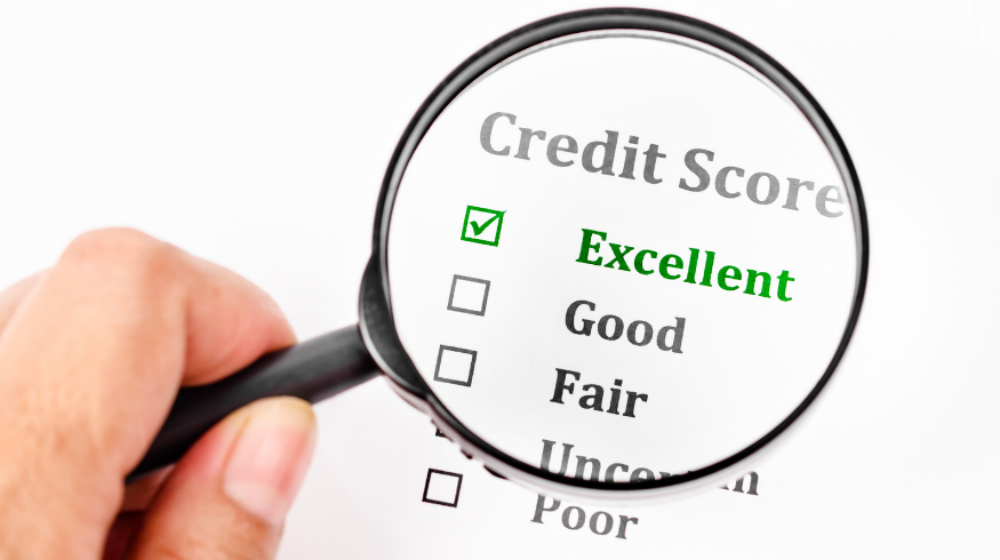An alluring home catches your eye, and you’re ready to dive into homeownership. But securing a good mortgage rate hangs in the balance, determined by your credit score. Fear not, for there are practical steps you can take to improve your credit score and get a better mortgage rate, even if you’ve had financial challenges in the past.
Understanding Your Credit Score
The first step in the journey to improve your credit score is understanding how it works. Credit scores range from 300 to 850, with higher scores indicating better creditworthiness. A crucial aspect to pinpoint is whether it’s possible to get a mortgage with bad credit. While obtaining a mortgage with a lower credit score is feasible, it may result in a less favorable interest rate, ultimately costing you more in the long run. With this in mind, it’s worth investing time and effort to improve your credit.
Review Your Credit Report
Before embarking on any credit improvement plan, you need to identify the areas in your credit report that require attention. Obtain a free annual credit report from each of the three major credit bureaus (Equifax, Experian, and TransUnion) and review them carefully. Look for any inaccuracies or discrepancies and, if necessary, dispute them to have them corrected or removed. A cleaner credit report leads to a higher credit score, allowing you to secure more favorable terms for your mortgage.
Reduce Your Debts
To improve your credit score, focus on reducing your debts, starting with high-interest credit card balances. Paying off these balances will not only save you money on interest but will also lower your credit utilization ratio, a key factor in calculating your credit score. A lower utilization rate demonstrates better credit management and can boost your score significantly.
Pay Bills on Time
Your payment history accounts for 35% of your credit score, making it crucial to make payments on time consistently. Late or missed payments can have a lasting impact on your credit, so consider setting up automatic payments or calendar reminders to ensure timely payments.
Keep Old Credit Accounts Open
Closing old and unused accounts might seem like a good idea, but doing so may have a negative impact on your credit score. The length of your credit history plays a significant role in calculating your score. Keeping older accounts open with little to no balance will increase the average age of your credit accounts, reflecting well on your score.
Consider a Bad Credit Mortgage
Improving your credit score takes time. If you’re ready to buy a home and don’t want to wait, explore options like a bad credit mortgage. While the interest rate may be higher, these loans can help you achieve homeownership even with a less-than-perfect credit score.
In Conclusion
Improving your credit score is an ongoing process requiring patience and dedication. By diligently applying these practical steps, you’ll put yourself in a better position to secure a mortgage with favorable terms. Keep an eye on your progress, and remember that maintaining good financial habits will benefit you not only in securing your dream home but throughout your financial life.

